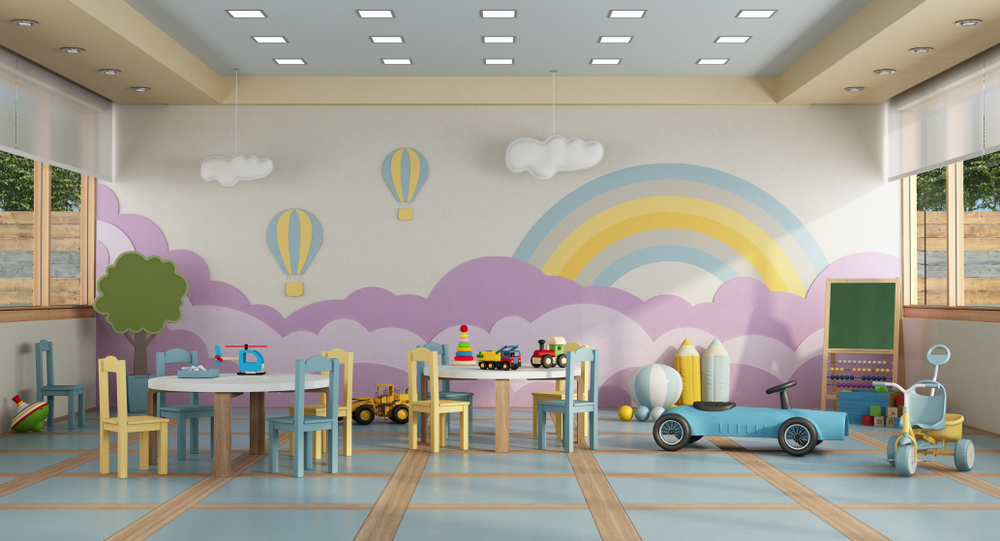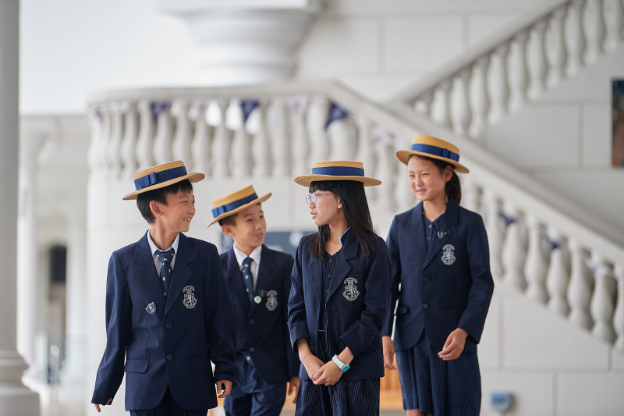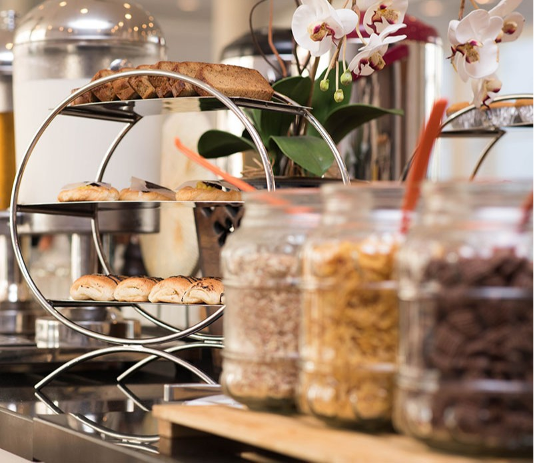A recent study published on ResearchGate explores the perceived interplay between flexible learning spaces, teaching practices, and student well-being. Conducted by a team of researchers, this study highlights the significant impact that learning environments can have on educational outcomes and the overall well-being of students.
Key Findings:
- Positive Impact of Flexible Learning Spaces: The research indicates that flexible learning environments—designed to be adaptable to various teaching methods and learning styles—enhance student engagement and motivation. Students reported feeling more comfortable and encouraged to participate in their learning when they had access to spaces that could be reconfigured to suit different activities.
- Support for Collaborative Learning: Flexible learning spaces promote collaboration among students. The study found that these environments facilitate group work and peer interactions, which are essential for developing teamwork skills and fostering a sense of community. Students expressed that working together in versatile spaces allowed for more effective communication and idea exchange.
- Influence on Teaching Practices: Educators noted that flexible learning spaces enable them to implement innovative teaching practices. The ability to modify the classroom layout allows teachers to incorporate varied instructional strategies, catering to diverse learning preferences. This adaptability helps in creating a more personalised learning experience for students.
- Enhanced Student Well-Being: The findings suggest a strong link between flexible learning environments and student well-being. Students reported feeling less stressed and more motivated in adaptable spaces, contributing to a positive school experience. The study emphasises the importance of physical space in supporting mental health and emotional well-being in educational settings.
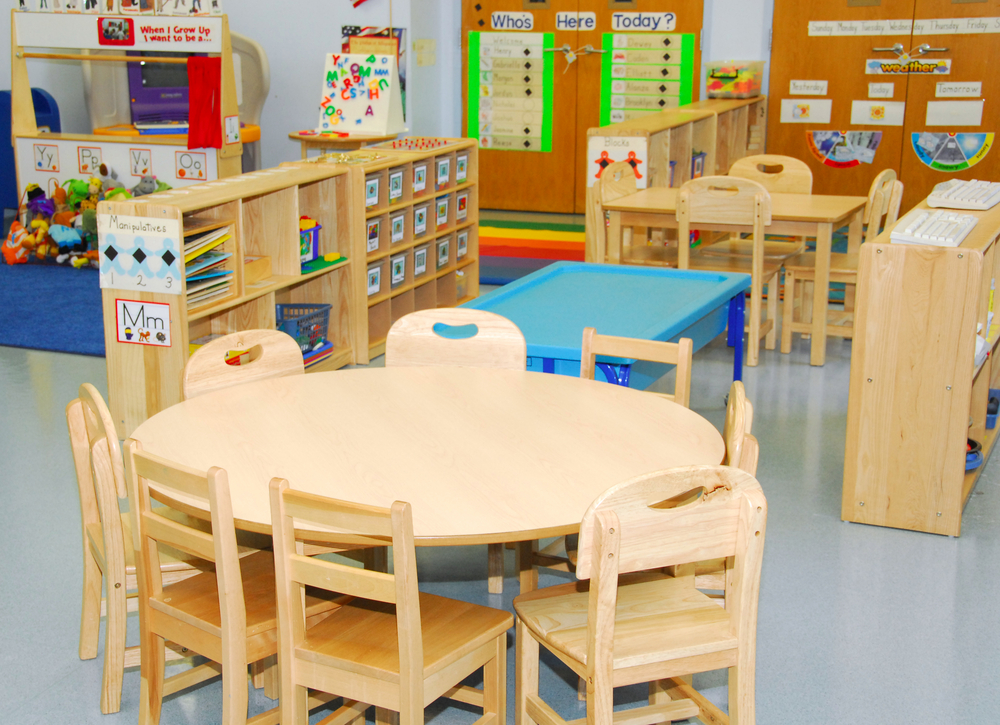
- Recommendations for Educational Institutions: Based on these findings, the researchers recommend that schools and universities consider redesigning traditional classrooms to incorporate more flexible learning spaces. This could involve rethinking furniture arrangements, utilising movable partitions, and creating areas that encourage collaboration and creativity.
This study underscores the significance of environment in education, advocating for changes that prioritize student engagement and well-being. By creating flexible learning spaces, educational institutions can foster a more dynamic and supportive learning atmosphere.
For more detailed insights, the full study can be accessed on ResearchGate here
Furniture Supplies that may be of interest:
Get a special discount by quoting code AISLMALL during CHECKOUT.
Beleduc – Furniture
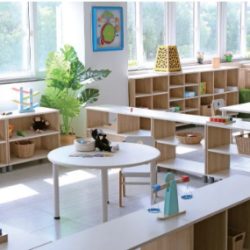
Beleduc furniture for nurseries and kindergartens features a minimalist, modular design inspired by Italian, Scandinavian, and Asian influences. The range includes durable, safe, and practical pieces like shelves, tables, and cots, made from sturdy plywood with non-toxic finishes, meeting high safety standards.
Steelcase – 家具
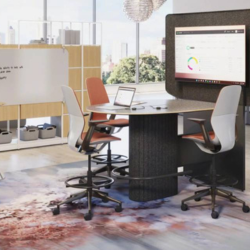
Steelcase was founded in 1912 as the Metal Office Furniture Company in Grand Rapids, Michigan – which makes it over 100 years old! In 1914 the company received their first patent for a process developed to make a strong, durable, low-cost fireproof wastebasket and the rest is history! At Steelcase, we help people do their best work by creating places that work better. For over a century, we have designed, manufactured and partnered with the world’s leading organizations to create an expansive range of furnishings and solutions for all the places where work happens — including learning, health and working from home.
